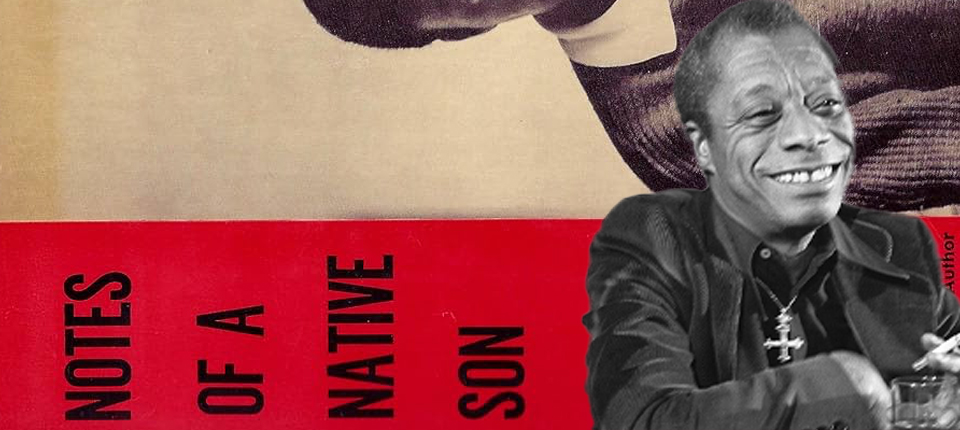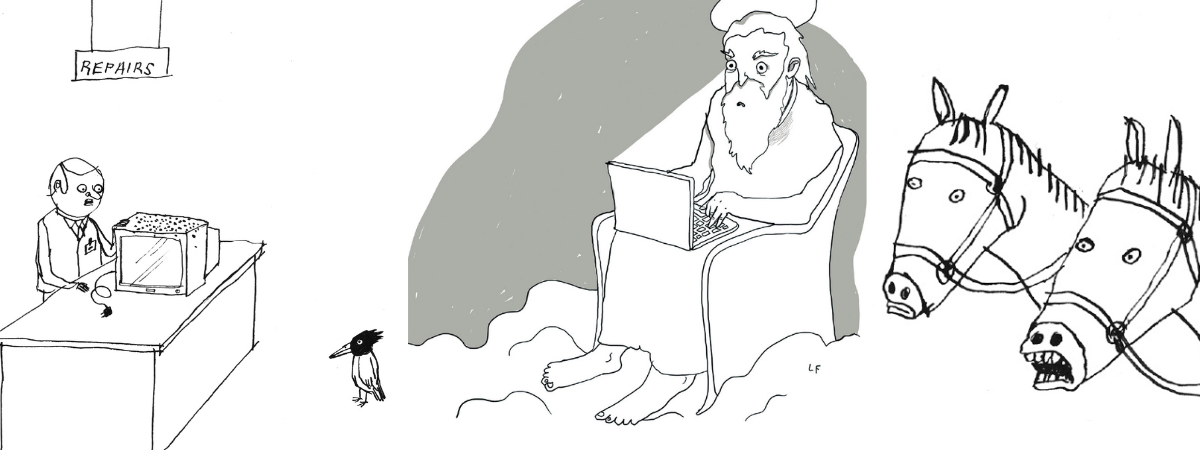Bernard Cerquiglini is a former director of the Institut national de la langue française, and the first part of his catchy title quotes the former French prime minister Georges Clemenceau, who was married (unhappily) to an American. The author then backtracks: of course, English is spoken as a first or acquired language by more than a billion people worldwide. But the textbook definition of English – a language descended from a Germanic source – masks “la vérité”, which is that it owes its influence and power to the amount of French it contains.
Cerquiglini begins with a brief outline of the imposition of Norman French on England and the English from 1066 onwards, and the long admiration for France and French among the upper classes. He uses Walter Scott’s Ivanhoe, set in 1194, to illustrate the bifurcation of English: in Scott’s romance there is a French-derived vocabulary for the upper and educated classes, and Anglo-Saxon derivations for the working classes. Anglo-Saxon peasants raise “old Alderman Ox”, which becomes “beef” when the prosperous eat it.
The shift in vocabulary has not always been class-based. The Old Frisian-derived “mouth” describes the facial orifice, but its adjective is the French-sourced “oral”; the Old Saxon “town” is the noun, the French “urban” the adjective. And English’s enormous vocabulary, one of the largest of any language, is in good part based on exactly this kind of doubling of Germanic and French words: ask/demand, buy/purchase, build/construct.
“La langue anglaise …” is interesting, too, on how English today can clarify the pronunciation of vanished Norman dialects. Norman French replaces the “ch” sound with a “q”, which in English becomes a hard “c”. Thus, “car” from char (chariot), “carpenter” from charpentier, “escape” from échapper. Most fascinating of all is the journey from “w” to “g”. Norman French used a “w” for the sound that other French dialects pronounced with a hard “g”, and so it is that our “wardrobe” comes from guarde-robe and “wicket” from guichet. This also solves the mystery of why we have warranties and guarantees, guardians and wardens in English. These words travelled twice from France: once with a “w” during the Norman Conquest, then again centuries later with a “g” in now-standard Parisian French.
Cerquiglini has statistics to hand: 29 per cent of English vocabulary comes from French sources; another 29 per cent from Latin; and only 26 per cent from Germanic sources. (“Other” trails in at 16 per cent.) But I’m not fully persuaded. Even if 58 per cent of English vocabulary is from a romance language, this doesn’t mean that half of English daily speech or writing is French-based. Our grammar, Cerquiglini admits, is “sans exception au vieux fonds germanique.”
Nor does the author discuss how often we use French vocabulary. He tells us that 40 per cent of Shakespeare’s vocabulary is French-derived, but then drops the subject, perhaps because an amateur word count tells a different story. In the St Crispin’s Day speech from Henry V, just 24 of the 408 words are, by my reckoning, etymologically French: 5 per cent. Or we could take as our exemplar a more Latinate, orotund author: Winston Churchill. In his 1940 speech to the House of Commons, the section that contains “We shall fight on the beaches” is 178 words long, only 22 of which are Romance-language-based. Its most famous sentence, “We shall fight on the beaches, we shall fight on the landing grounds, we shall fight in the fields and in the streets, we shall fight in the hills; we shall never surrender”, is entirely, monosyllabically Anglo-Saxon until the final French-derived trisyllable.
Towards the end of the book Bernard Cerquiglini calls English “un musée lexical de la langue française”. This is probably his fairest yet representation of how French filters through our Anglo-Saxon base: English is a lexical, not a syntactical, museum. And “La langue anglaise n’existe pas” is a wonderful storehouse of etymological treasures, careful examination of which suggests that proud English-speakers needn’t embrace non-existence just yet.
Judith Flanders’s books include Rites of Passage: Death and mourning in Victorian Britain, 2024
The post Parlez vous? appeared first on TLS.

 By Times Literary Supplement | Created at 2024-11-20 16:49:31 | Updated at 2024-11-21 13:52:30
22 hours ago
By Times Literary Supplement | Created at 2024-11-20 16:49:31 | Updated at 2024-11-21 13:52:30
22 hours ago








